Banner Image: A portion of the 750 acres of land Sylvester Jallah is claiming in Fallah Clan, Gbarpolu County. The DayLight/James Harding Giahyue
By James Harding Giahyue
- Darkollie Sylvester Jallah, a brother of the former President Pro Tempore of the Liberian Senate, claims 750 acres of land in Fallah Clan, Gbarpolu County
- He said his late father, the famed Paramount Chief Jallah Lone, gave him the land in the early 2000s
- Residents of the clan disapprove of his ownership of the land, accusing him of using his family status to deny them of farmland
- Campaign groups call on the government to investigate “elite land-grabs” they say are happening across the country.
FALLAH CLAN, Gbarpolu County – A brother of Armah Jallah, former President Pro Tempore of the Liberian Senate, is claiming ownership of 750 acres of land in Bopolu District, Gbarpolu County.
Darkollie Sylvester Jallah lays claim to 500 acres of farmland in Fallah Clan and another 250 acres in Barma Clan in the Gungbeyah Chiefdom, bordering Bomi County. He has cultivated 124 acres of the land in Fallah Clan, farming vegetables, pigs and goats, with a workforce between 20 and 25 people. He said he has invested over US$6,000 so far on the land and plans to plant cocoa in the future.
However, local farmers challenge Jallah’s claims.
“The land that Sylvester Jallah is occupying was not given to him by the citizens… the way it supposed to be,” said David Morris, a resident of Fallah Clan.“He came on that land without the consent of the citizens of Fallah.”
“Sylvester and the Fallah [Clan] people are not friendly…, because of the way he forced himself on the land,” said Flomo Wolobah, 47, the founder of Ekki Village, the community at the forefront of the opposition of Jallah’s acquisition of the farmland. He said he and other villagers have little land left to farm.
Jallah said he got the land from Chief Jallah Lone, his father, in the early 2000s as a token after he advised the late legendary paramount chief of Bopolu to document his ownership of all the land in the district. He paid L$150 (US$1.61 today) to seal the deal.
“I am not afraid, I am a citizen and I am not doing anything wrong,” Jallah told The DayLight in an interview on Daryan Organic Farm on a rainy day in August marking its first anniversary. “I am doing a good investment here for the citizens to benefit, so it is not something to hide.”
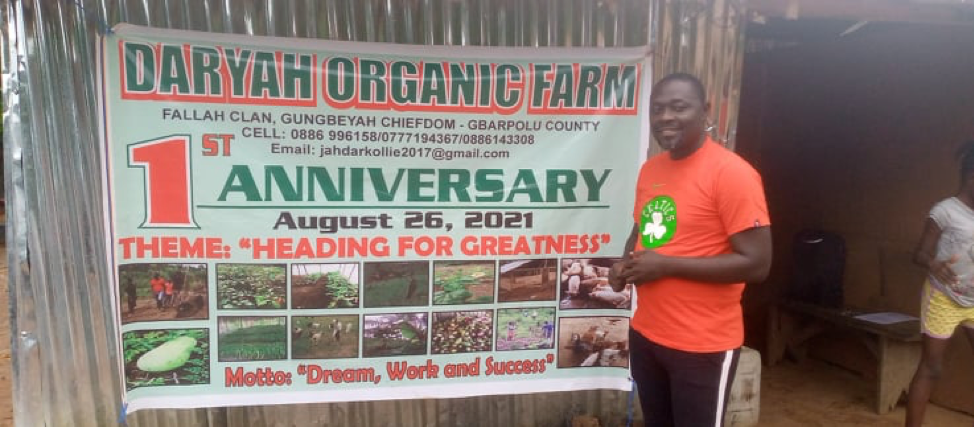
‘Go to court’
In February last year, chiefs and elders of the Fallah Clan met with Jallah to discuss the dispute. In that meeting, he presented tribal certificates his father and district authorities had issued him for the land but the chiefs refused to recognize the document on the ground that they were “fake.”
Jallah then agreed to meet the elders the next month. However, more than a year on, that meeting has not been held. Efforts by Paramount Chief Dianah Johnson of Gungbeyah Chiefdom to reach a resolution have also not materialized.
“I am not going to argue with anybody on the land issue here,” Jallah told The DayLight. “Just go to the court and present your case then we can discuss it from there.” His tribal certificates appear to be altered, with erasure marks on the portion with his name and locations of the lands. (He allowed The DayLight to take pictures of the documents under the condition that we did not publish them).
The villagers The DayLight interviewed accused Jallah of using his family status to grab farmland belonging to the entire community.
“We don’t know his next plan of action,” said Morris. “Maybe the following year he will like to extend it to the Maher River.” The river separates Gbarpolu from Bomi.
“He feels that we don’t have the strength to fight him,” Wolobah added. “For him, he’s got money. For us, we are struggling. It is because his name is Jallah.”
The Former Pro Tempore, Jallah’s elder brother, also faces similar allegations from people in Fallah Clan over 850 acres of land in a place called Underwear Town, a portion of which he has a vast palm plantation. He denied any wrongdoing, saying, “The land there is for us by inheritance,” and that the people of Ekki Village were “strangers.”
The Jallahs are a household name in Gbarpolu County. The late Paramount Chief Lone, their father, was revered up to his death in 2011 for being a unifier and peacemaker. He served as head of the National Traditional Council of Liberia from the late 1990s to the early 2000s. The Jallah Lone Medical Center, the largest hospital in the western county, is named after him. A representative of Bopolu told the then-Land Commission in 2012 that the late Lone and other chiefs controlled 790,982 acres of land in the District. The former President Pro Tempore of the Liberian Senate helped establish Gbarpolu as a county in 2001 while serving as senator of Lofa County. He is the only person to serve as senator for two counties. The younger Jallah threads the family’s political path, too. He contested the 2017 elections for a seat in the House of Representatives, finishing fifth in the field of 10 contestants.
But the younger Jallah is adamant the plots of land in Fallah and Barma Clan have something to do with his family’s influence. “There are some misconceptions surrounding it,” he told me, “and some people want to politicize what we are trying to do.”
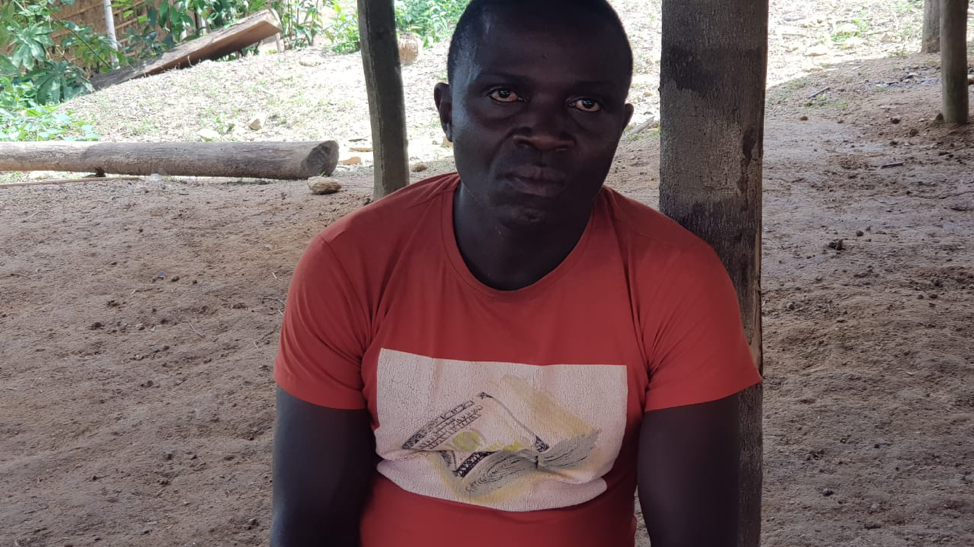
The conflict between the villagers and the Jallahs is typical of how controversial tribal certificates are to Liberia’s land reform. The Land Rights Act of 2018 guarantees rural communities’ ownership. Previous statutes—a bevy of hinterland legislations between the 1900s and 1920s, the Aborigine Law of 1949, and the Public Land Act of 1952—granted them the only user’s rights. Chiefs and elders, who represented the communities in land matters, extended that right to third parties through certificates for the decades that proceeded. The exact number of those tribal certificates is unknown but could well be in their thousands.
Under the Land Rights Act, townspeople in Fallah and Barma Clan must approve Jallah’s ownership of the 750 acres before he gets a deed for the land. The law requires the Liberia Land Authority (LLA) and the community in which the land in question is located to vet all tribal certificates related to that particular community. The developed portion of the land remains with the holders and the undeveloped is returned to the community. That process began in January earlier this year and should end in 2023.
“If the community says they don’t know about it, we can’t force them to say they know about it,” said Adams Manobah, chairman of the LLA told me in a mobile phone interview. “If you have a tribal certificate and you developed portion of the [land that tribal certificate represents]… the area that you developed is hundred percent for you on ground that the tribal certificate is good. If it is not good at all, then you don’t have any claim.
“On that ground, we can’t say you have the land. That is when you and the community will have to negotiate.”
Last week, the Civil Society Land Rights Working Group (CSO-LRWG) criticized the LLA for the slow pace of the implementation of the law. The law requires the government to conduct a confirmatory survey of all customary lands. That has not been done, even though some communities have already completed all other legal steps more than a year ago. The LLA has also not formulated the regulations, which should facilitate the implementation of the law. It has started the process but is expected not to be completed until the first quarter of next year, according to Manobah.
CSO-LRWG, a conglomerate of several nongovernmental organizations, called on the LLA to speed up the formulation of the regulations and investigate reports of current and former officials of government, and their relatives and business people grabbing community land.
“The CSO-LRWG has [witnessed] a huge surge in land-grabs by so-called elites of community customary land and some have degenerated into land conflicts and yet the Liberia Land Authority has not done much to properly investigate these land grabs and conflicts and bring them to an amicable settlement,” said Paul Larry George, chairman of the Associates for Rural Development (ARD), one of the organizations.
“The government has to pay serious attention to this thing,” said Alphonso Henries, the executive director of the Liberian Reform Movement.
“Elite land-grab undermines the intent of the Land Rights Act,” said Nora Bowier of the Sustainable Development Institute (SDI). “It worsens poverty as it deprives communities of their rights to a fair deal and economic benefits from their land and resources.”
The LLA did not respond to The DayLight’s queries for a response to the group’s assertions. We will update the story once it does.
Editor’s Note: This story is a part of The DayLight Land-grab Reporting Series. Additional Reporting by Henry Gboluma.

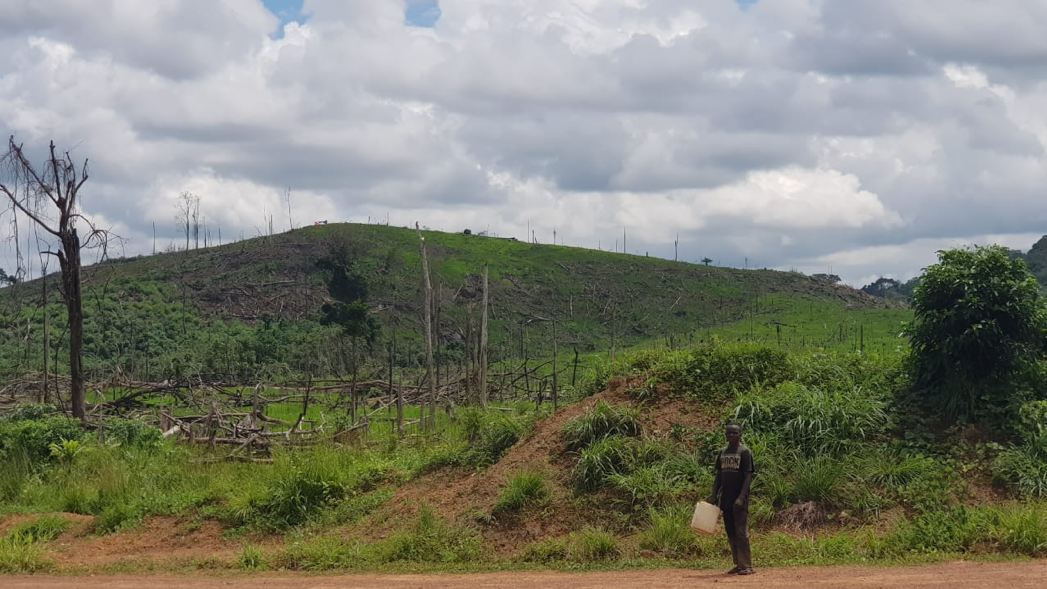
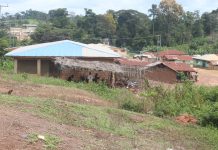
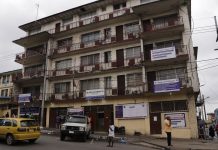

Facebook Comments